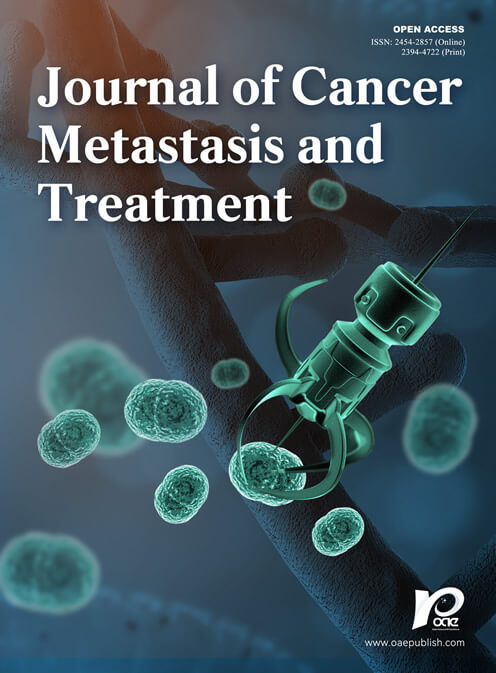fig1

Figure 1. Myeloid cells in the tumor microenvironment. Myeloid cell differentiation induced by persistent stimulation with tumor-derived factors from hematopoietic stem cells (HSCs)[8]. In the presence of normal activation signals (such as G-CSF, GM-CSF, Flt3-L, CCL2, VEGF, and S100A8/9[8]), the monocytes and granulocyte progenitors undergo terminal differentiation to form mature macrophages, DCs, or granulocytes. Induction of an alternative activation pathway induces the formation of tumor-associated macrophages (TAMs), DCs, myeloid-derived suppressor cells (MDSCs), and tumor-associated neutrophils (TANs). The markers of these myeloid cells are also indicated in the figure.








